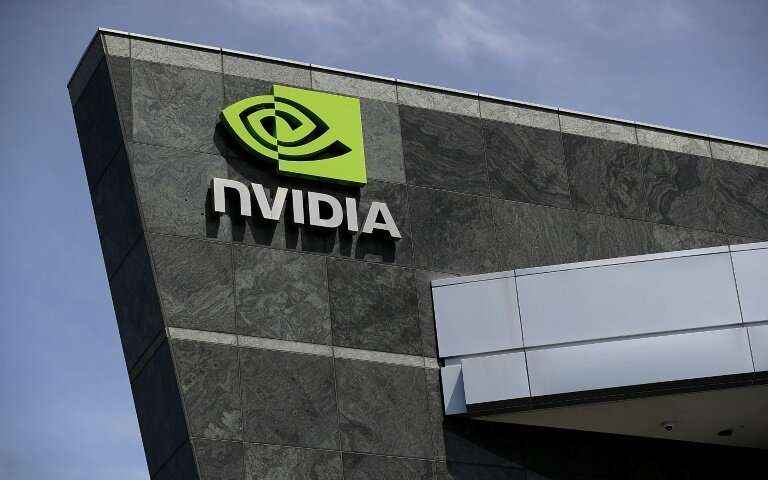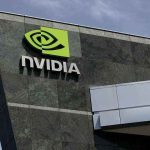Chinese tech firms rush to order $16B in new Nvidia’s H20 AI chips amid looming U.S. ban

Chinese tech giants are scrambling to secure Nvidia’s H20 chips before new U.S. export restrictions kick in. According to a report by The Information, companies like ByteDance, Alibaba, and Tencent collectively placed over $16 billion in orders for AI chips during the first quarter of this year.
That’s a huge potential payday for Nvidia—if it can deliver before the ban tightens. The company pulled in $17 billion in sales from China over the past year, which makes up roughly 13% of its total revenue.
Citing two sources with direct knowledge of the transactions, The information reported:
“Chinese companies including ByteDance, Alibaba Group and Tencent Holdings have placed at least $16 billion in orders for Nvidia’s H20 server chips for running artificial intelligence in the first three months of the year, ahead of a potential U.S. ban on sales of the chip in China”
The report also added, “The orders represent a sizable windfall for Nvidia—but only if it can deliver the chips in advance of the new restrictions. Nvidia generated $17 billion from sales in China in the 12 months that ended Jan. 26, 13% of its total revenue.”
Back in February, Reuters reported that demand for the H20 chip—Nvidia’s top-tier processor still allowed for sale in China—was spiking, fueled in part by Chinese startup DeepSeek’s push to offer affordable AI models.
Nvidia hasn’t commented on the latest report. ByteDance, Alibaba, and Tencent also haven’t responded to Reuters inquiries.
The H20 was introduced after new U.S. rules went into effect in October 2023, blocking exports of Nvidia’s most advanced chips to China. It’s currently the most powerful option available to Chinese companies under those restrictions.
There’s already concern about whether supply can keep up. In March, Reuters said H3C, one of China’s top server manufacturers, warned of possible shortages. That could cause headaches for firms racing to grow their AI capabilities.
H3C isn’t alone. Other key partners helping bring Nvidia’s AI chips into China include Inspur, Lenovo, and xFusion, a spin-off from Huawei.
The chip restrictions date back to 2022, with Washington aiming to slow China’s access to tech that could support its military ambitions. U.S. officials continue to ramp up pressure—former President Donald Trump said in February that he wants to add a 25% tariff on semiconductors and related imports.
Despite all that, Nvidia CEO Jensen Huang said the company doesn’t expect a major short-term impact. Long term, though, Nvidia plans to shift more production back to the U.S.
For now, China remains a key market. Nvidia brought in $17.11 billion in revenue from the region, including Hong Kong, during fiscal 2025.




